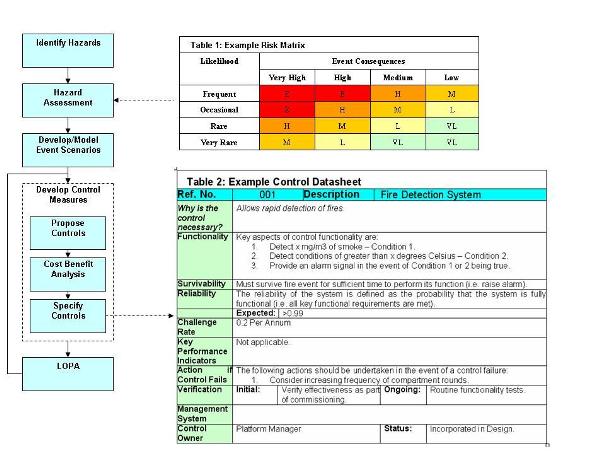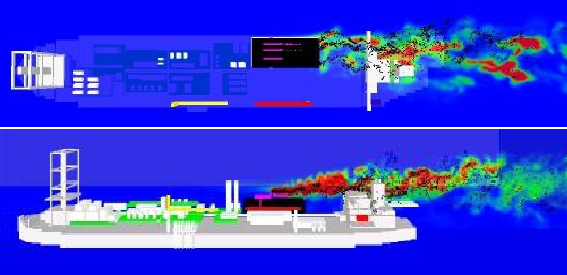Risk Assessment Workshops can be conducted at all phases of the product/project life-cycle to identify potential hazards associated with a system(s) and initiate appropriate control measures to either eliminate them, or reduce their risk to a level that is acceptable. Workshop results can be captured in a hazard log, or hazard tracking system (such as SITREP) for easy translation into a post workshop action plan. Well facilitated risk assessment workshops can ensure the effective engagement and input of all stakeholders, produce coherent and practical action plans, and minimise the risks to project cost and schedule.
AMOG Consulting has extensive experience in facilitating risk assessment workshops in the rail, maritime, aviation, oil & gas and health industries. We have well-developed techniques that can be tailored to ensure that the clients objectives for the workshop will be met. Risk Assessment workshops that can be conducted by AMOG Consulting include:
- Hazard Identification (HAZID) workshops
- Structured What-IF Techniques (SWIFT)
- Preliminary Hazard Assessment (PHA)
- Hazard and Operability (HAZOP) Studies
- SWOT Analysis
- Custom Risk Assessment workshops

Risk Assessments
System Safety involves the design of systems which are both safe and fit for purpose. System Safety as a discipline focuses on identifying potential mishaps associated with a system(s) and either eliminating them, or reducing their risk to a level that is acceptable. Typically this risk reduction is achieved through the elimination of hazards, or the implementation of preventative or mitigative control measures. AMOG Consulting offers a range of specialist services within the System Safety Discipline, including:
- Safety Program Scoping, Planning and Management
- Safety Analysis, including:
- Hazard Identification
- Structured What If Technique (SWIFT)
- Hazard and Operability (HazOp) Studies
- Failure Modes, Effects and CriticalityAnalysis (FMECA)
- Fault and Event Tree Modelling
- Computational Fluid Dynamics Consequence Modelling (Fire, Blast, Impact & Penetration, Smoke, Toxic Species, Oil Spill)
- Quantification of Health Effects
- Functional Safety and Safe System Design
- Codification of Safety Processes and Procedures
- Independent Review and Audit

